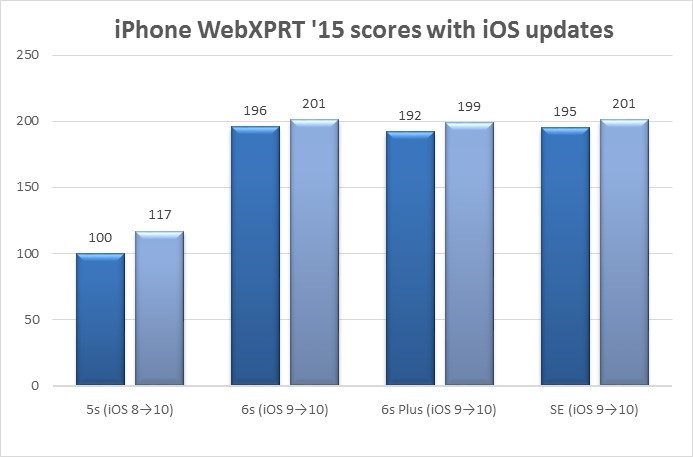Last fall, we identified a way to run HDXPRT 2014, originally developed for Windows 8, on Windows 10. The method involved overwriting the HDXPRT CPU-Z files with newer versions and performing a few additional pre-test configuration steps. You can read more details about those steps here.
Today, we’re releasing a new build of HDXPRT 2014 (v1.2) that eliminates the need to overwrite the CPU-Z files. The new build is available for download at HDXPRT.com. Please note that the app package is 5.08 GB, so allow time and space for the download process.
We also updated the HDXPRT 2014 User Manual to reflect changes in pre-test system configuration and to include the settings we recommend for newer builds of Windows 10.
The changes in the new build do not affect results, so v1.2 scores are comparable to v1.1 scores on the same system.
The new build ran well during testing in our labs, but issues could emerge as Microsoft releases new Windows updates. If you have any questions about HDXPRT or encounter any issues during testing, we encourage you to let us know.
We look forward to seeing your test results!
Justin













